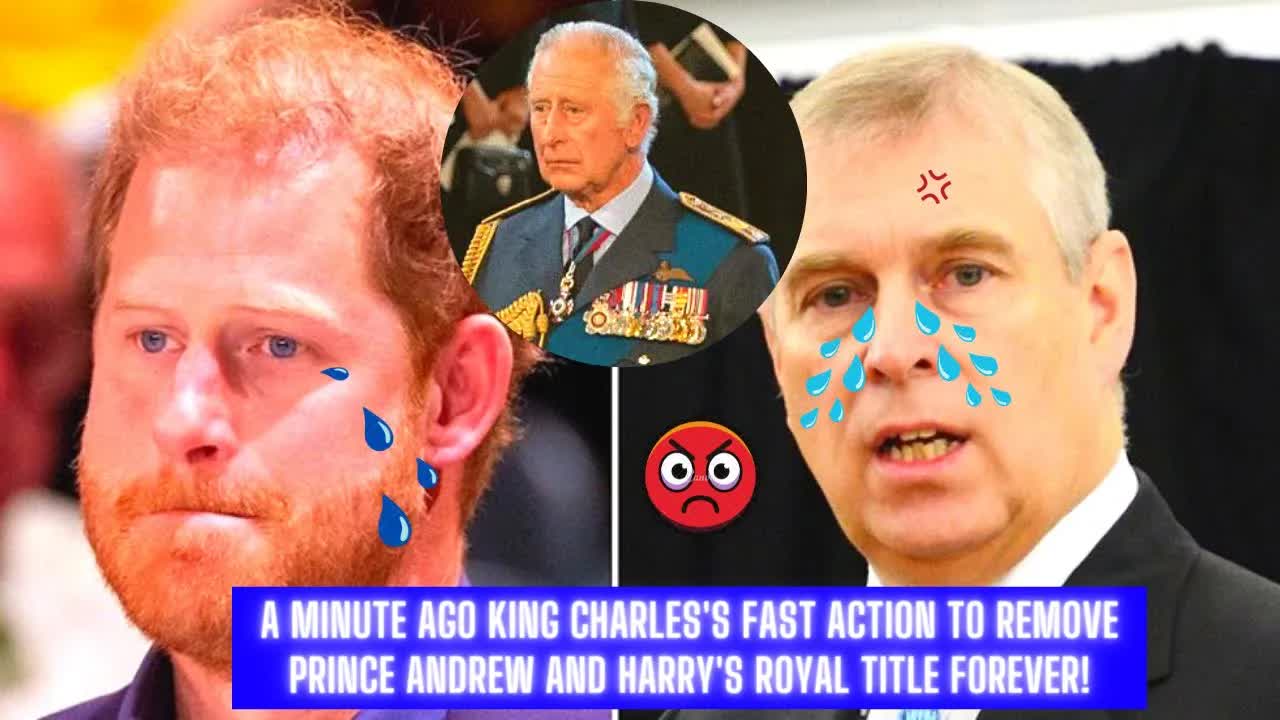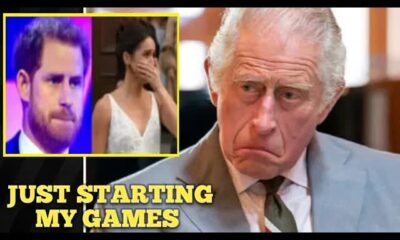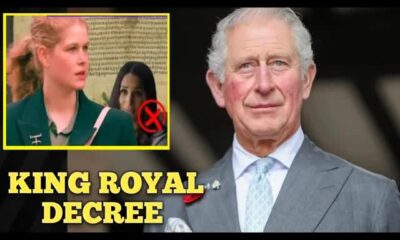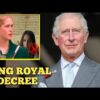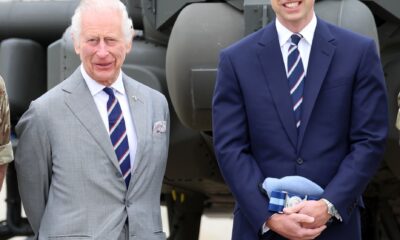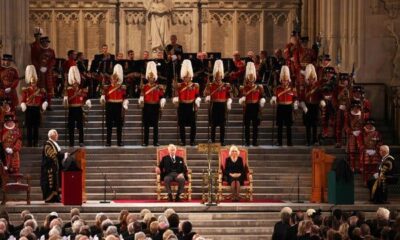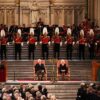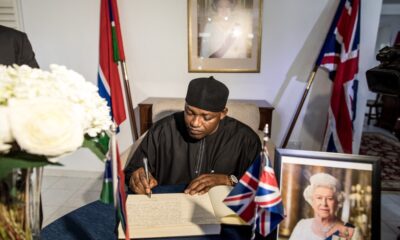The News
King Charles Contemplates Changes to Councillors of State Law
In a significant move, King Charles III is reportedly considering a revision to the law governing the councillors of state.
This change could reshape the roles within the royal family during times when the monarch is unable to fulfill his duties.
The Telegraph has recently highlighted this development, indicating that the king aims to limit councillor positions to only those who are active members of the royal family.
Currently, the 1937 Regency Act allows the monarch's spouse and the next four adults in line to the throne to serve as councillors of state.
This includes figures such as Prince Harry, Prince Andrew, and Princess Beatrice, all of whom are not currently working royals.
The king's proposed amendment seeks to ensure that only those actively engaged in royal duties can step in when he is abroad or incapacitated.
Experts have weighed in on this potential change.
Constitutional specialist Bob Morris pointed out that while the king wishes to adjust the list of councillors, the Regency Act itself cannot be altered by him alone.
Any changes would require government intervention, as it holds the authority to amend this legislation.
Nevertheless, Morris suggests that the government may be inclined to make these adjustments, especially considering the dwindling pool of eligible councillors.
The passing of Queen Elizabeth II has already led to some shifts in eligibility.
Queen Consort Camilla became a councillor of state, and Princess Beatrice also qualified due to her position in the line of succession.
However, like her father, Beatrice is not a working royal, which raises concerns about the effectiveness of the current setup.
If the law remains unchanged, three out of five councillors would not actively represent the monarchy.
During the latter part of Queen Elizabeth's reign, councillors of state often took on her responsibilities due to her health challenges.
Yet, neither Harry nor Andrew stepped in for her during crucial times, casting doubt on their willingness or ability to support King Charles in a similar capacity.
This situation leaves the king with limited options for reliable replacements.
To initiate any legal changes, discussions would need to occur between the king and government officials, followed by the introduction of a bill in Parliament.
This process could potentially name new councillors of state, reflecting the king's vision for a more functional royal support system.
Interestingly, the last amendment to the Regency Act took place in 1953, highlighting how long-standing and potentially outdated some of its provisions may be.
As the monarchy adapts to the modern era, the question remains: will the government prioritize these changes to better align the royal family's structure with its current dynamics?
As the public awaits further developments, opinions are divided.
Some believe that removing Harry and Prince Andrew from the councillor list could rejuvenate the monarchy, while others argue for a second chance for these figures.
The discussion is certainly lively, and many are eager to share their thoughts on the matter.
For now, the royal family stands at a crossroads, and the decisions made in the coming months could have lasting implications for its future.
The king's intentions reflect a desire for a more streamlined and effective royal operation, but navigating the complexities of tradition and modern expectations will be key.
As the story unfolds, observers are left pondering what changes might emerge.
The dialogue surrounding the monarchy's evolution is far from over, and it will be fascinating to see how this narrative develops in the public eye.


